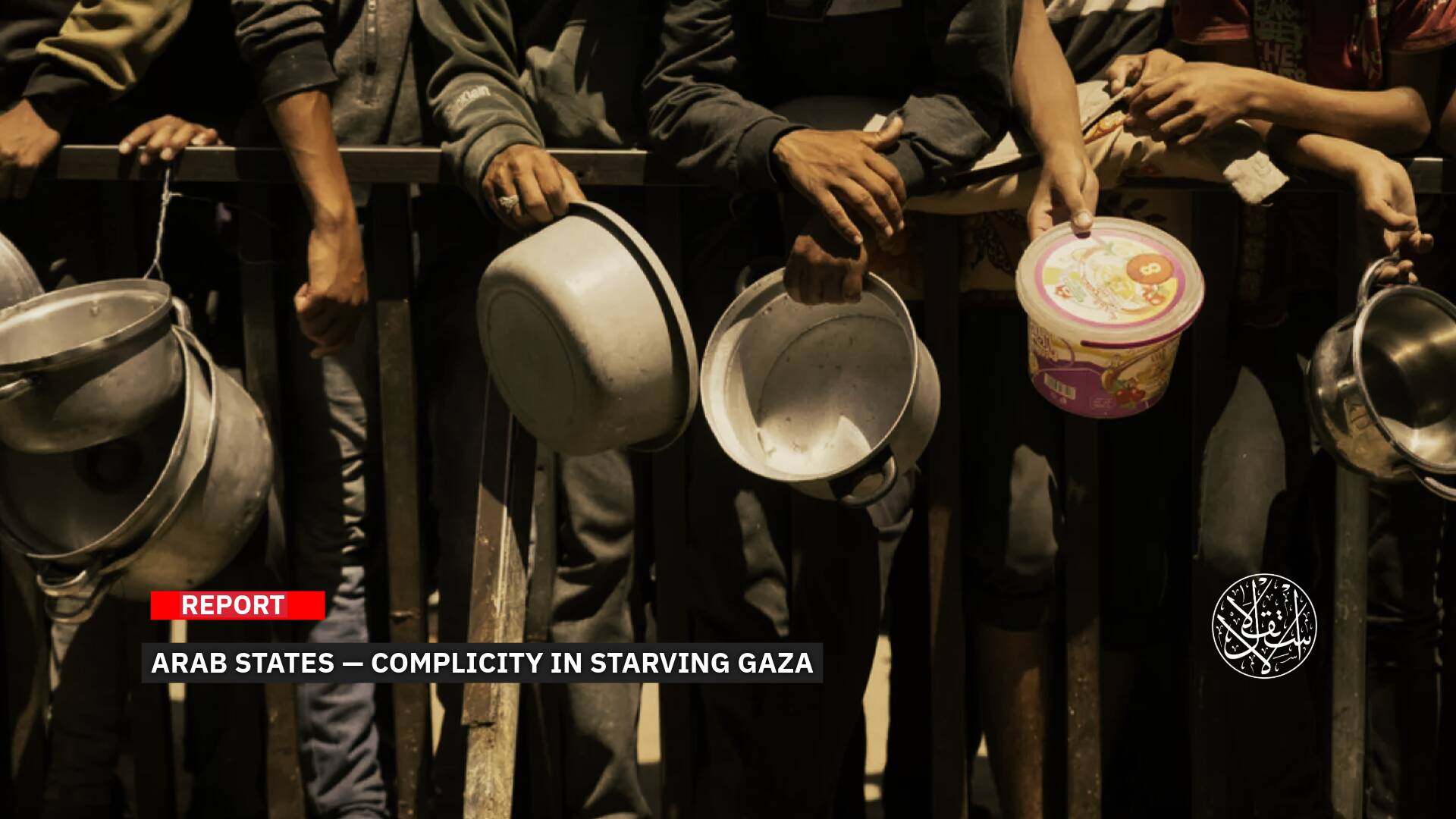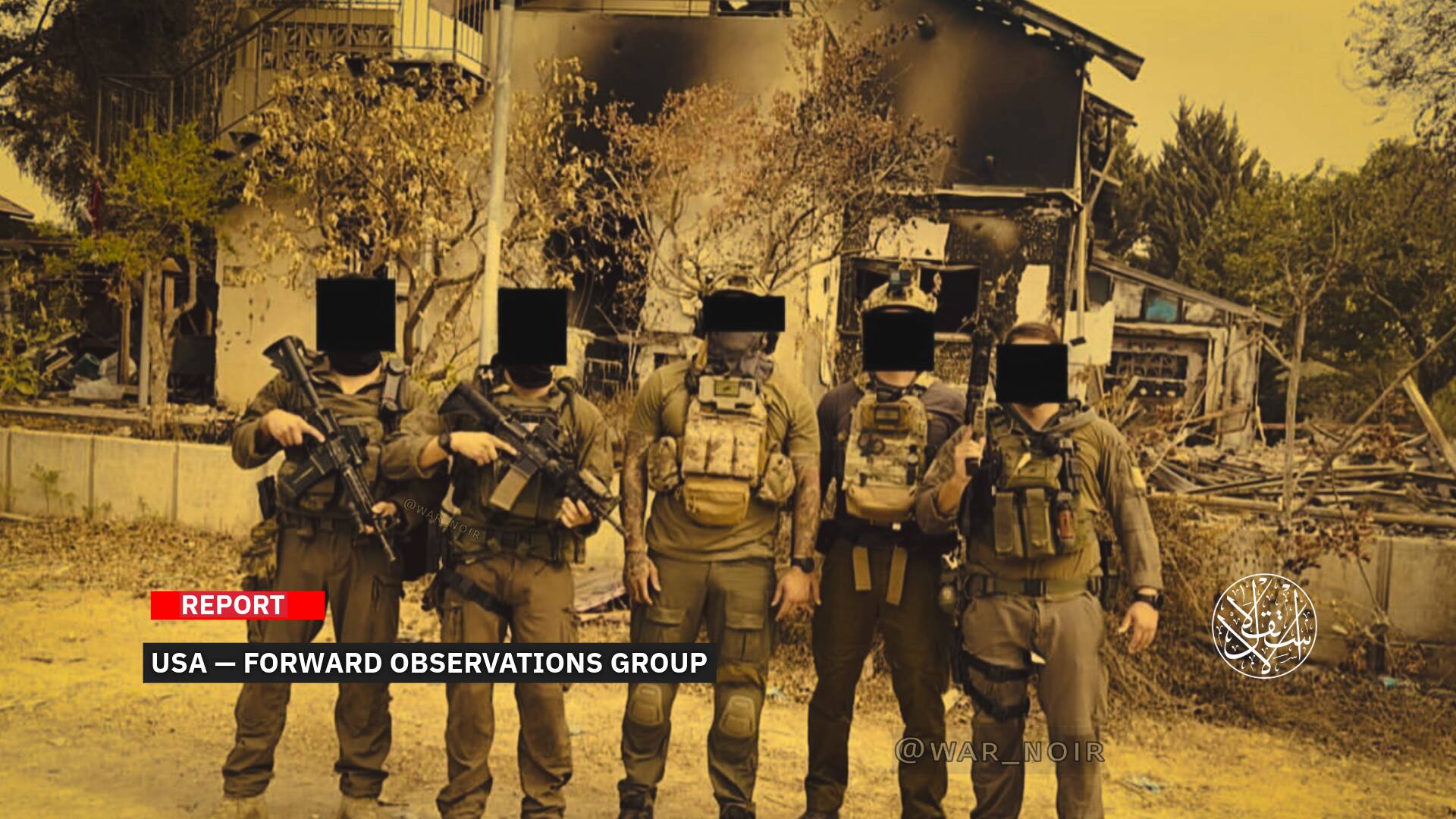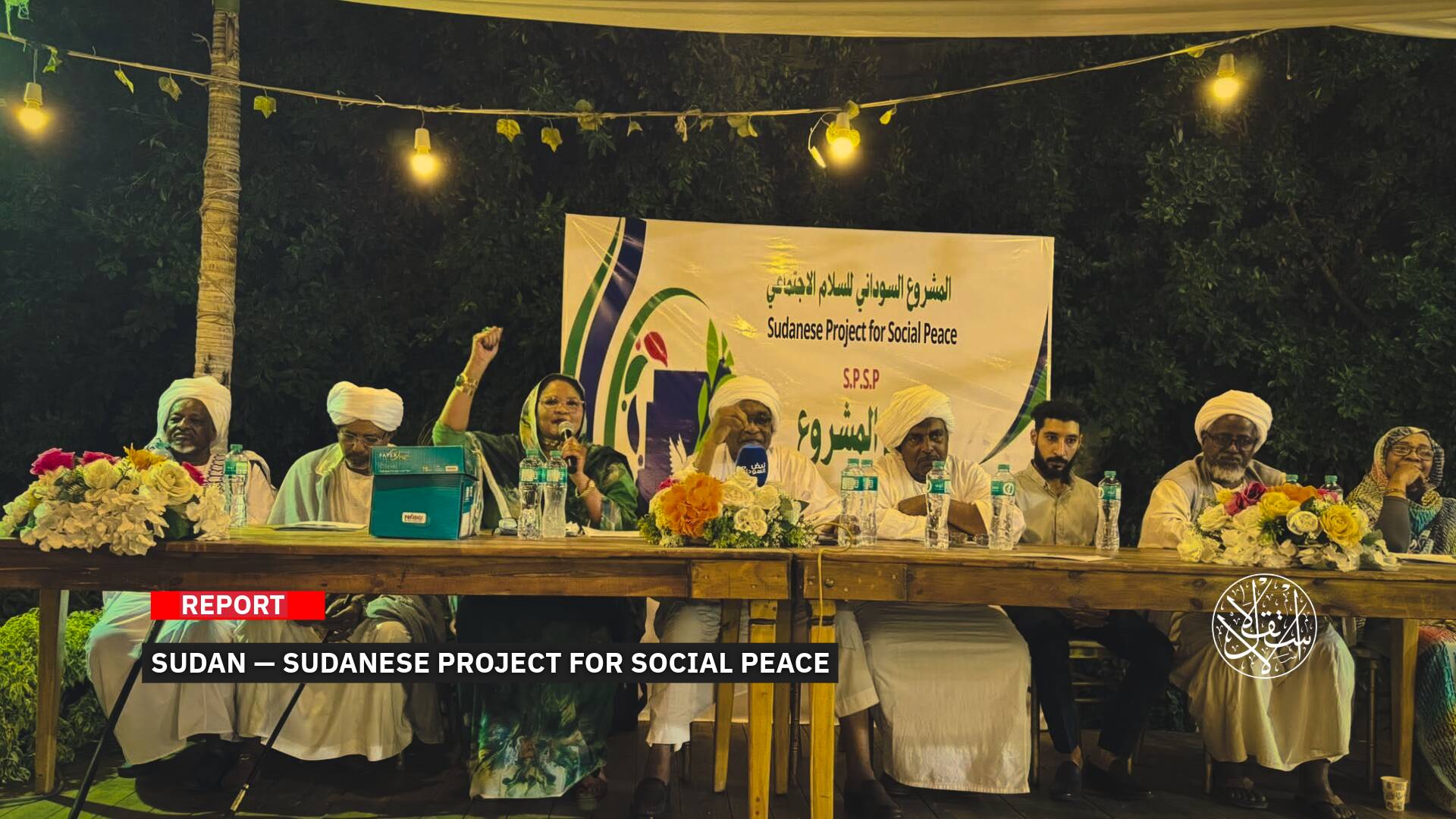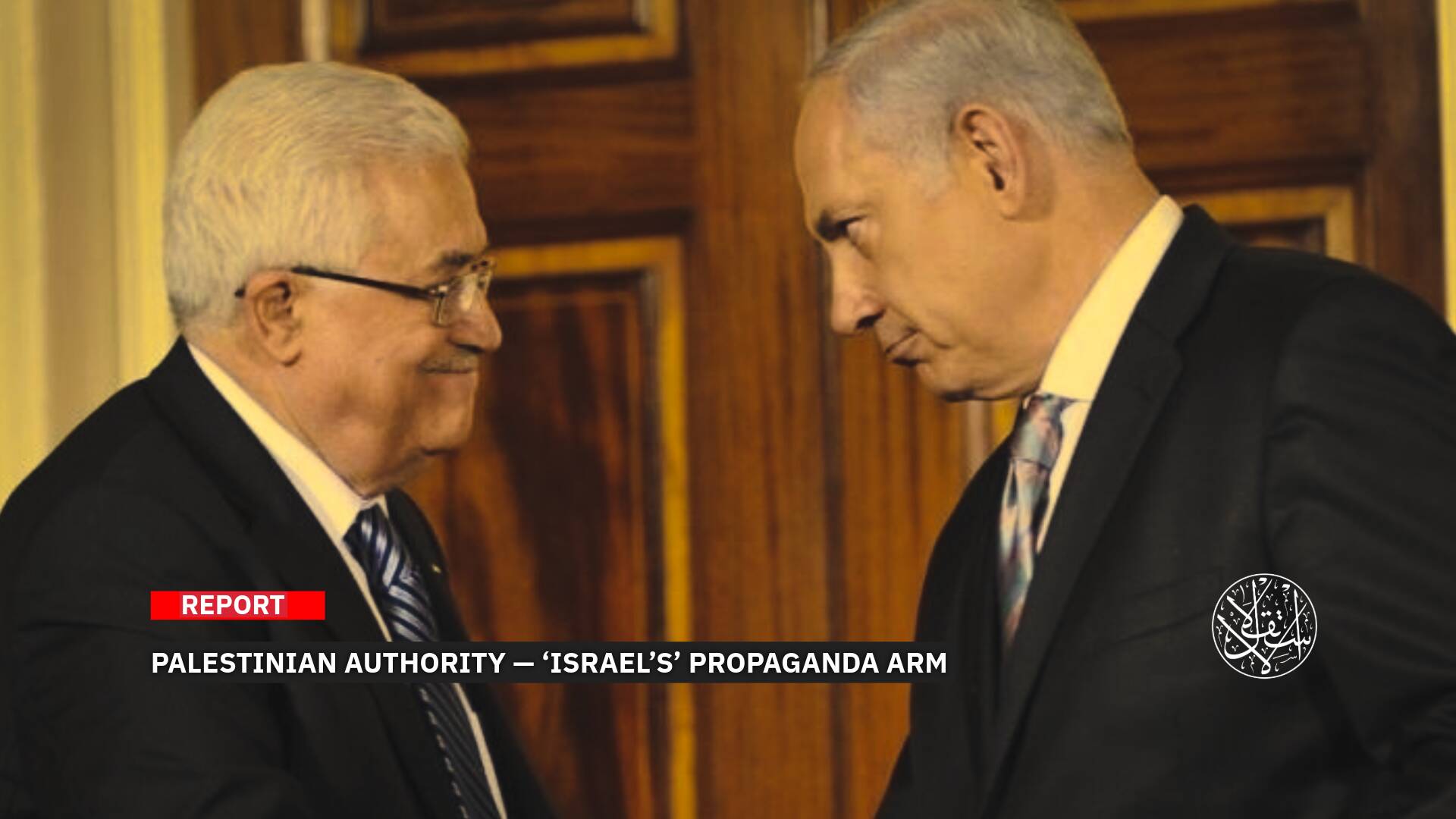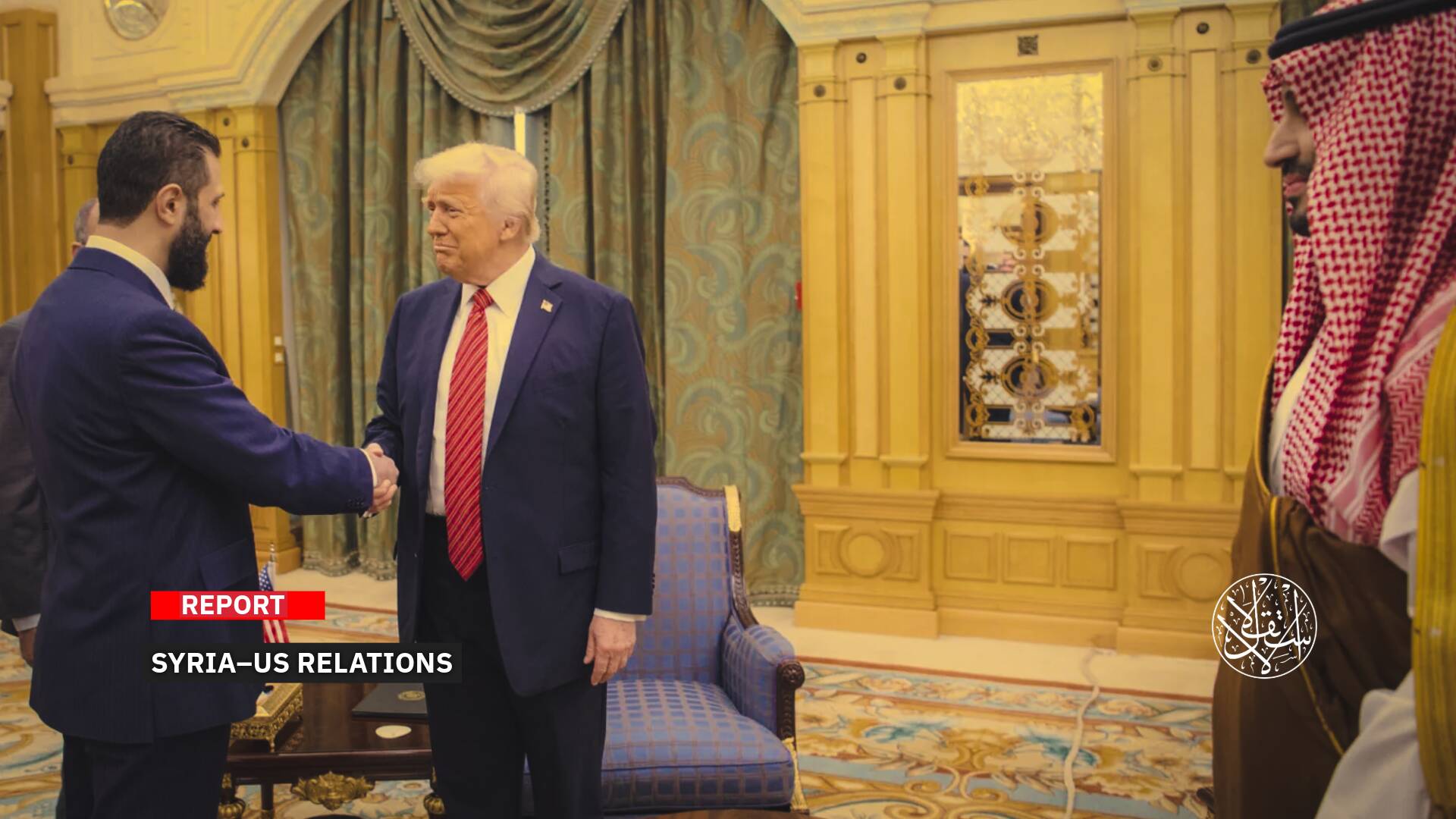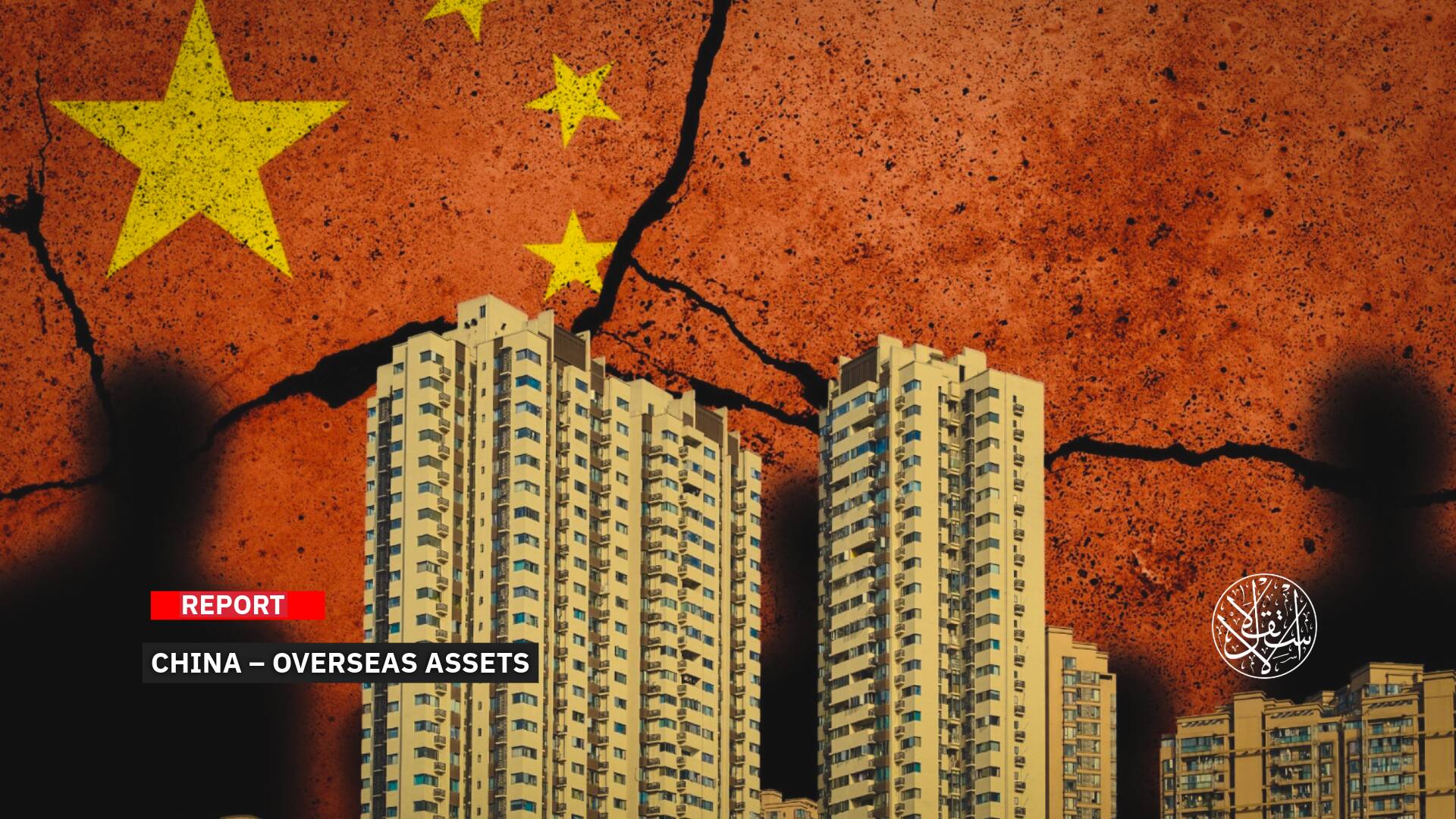French Newspaper: Is There Any Possibility to Separate Religion from the State in Sudan?
.jpg)
The French newspaper ‘’Le Point‘’ said that despite the "Declaration of Principles" signed on March 28, the outcome of negotiations in Sudan over secularization in the constitution "is still uncertain."
Sudan ended 30 years of dictatorship in 2019, but two years after the toppling of Omar al-Bashir regime, laws are still largely based on Islamic law, according to the newspaper.
She added, "There are two rebel groups in the south of the country, where the percentage of Christians, pagans, and atheists is higher than in the rest of the country, and consequently, they say they will disarm if religion is separated from the state.
This forced the head of the Transitional Sovereignty Council, Major General Abdel Fattah al-Burhan, to ratify, on March 28, the "Declaration of Principles" that provides for the secularization of the state.
Of course, it is a remarkable progress, "there is no doubt about that," but towards an uncertain future, because it is related to the future of the negotiations that will begin on May 25 in Juba, the capital of southern Sudan, according to the newspaper.
A Struggle For Power
The aforementioned declaration was also assigned by Abdulaziz Al-Hilu, head of the Popular Movement for the Liberation of Northern Sudan, one of the two parties that did not sign the Juba Peace Agreement on October 3, 2020.
Sharif Ali Muhammad, a lawyer for the non-governmental organization the Sudanese Initiative for Human Rights, said while writing a dissertation on religious freedom in Sudan, speaking of Abdul Aziz Al-Hilu, "He is a man of principle who seeks real change."
But he warned that the realization of this declaration "will not be easy," as he says in this context that "it all depends on the army's willingness to reach a compromise."
Sharif Ali Muhammad explains that behind the signature of Abd al-Fattah al-Burhan, there is a severe struggle for power between the soldiers represented by the latter, and they are the armed militias in which Commander Muhammad Hamdan Dagalo, nicknamed "Hamidati", occupies the second place in the Sovereignty Council, and the civilians headed by Prime Minister Abdullah Hamdouk .
The lawyer adds : "The army does not really want change, and look only for their own interests."
According to Ghada Angelou, head of the Christian Education Department at Nile Theological University in Khartoum, there is hardly any alternative to secularize Sudan.
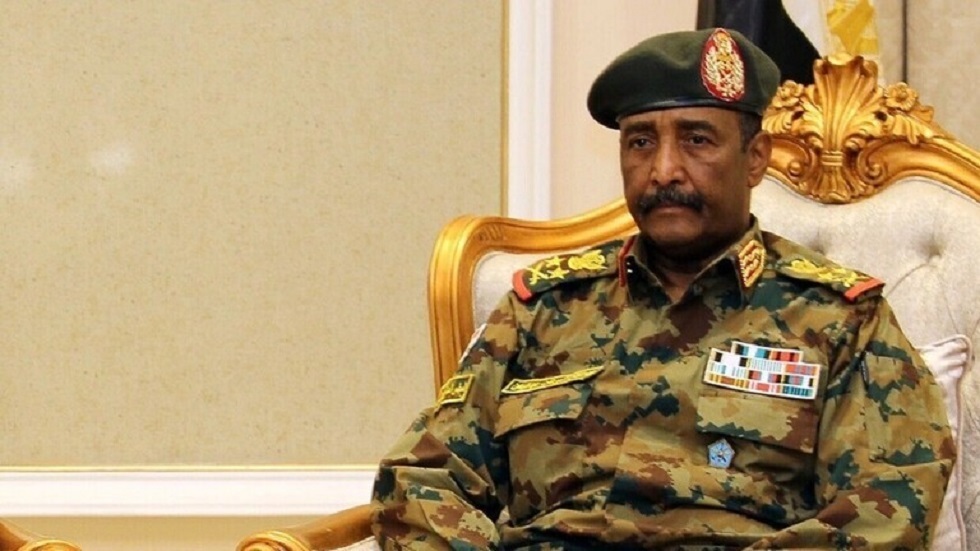
A Miracle For Christians
As a member of the Presbyterian Church. She remembers, sadly,saying : "The opposition of the former regime's soldiers to this principle led to the secession of South Sudan (in 2011). They must change their position if they are interested in the unity of the country and the interests of the nation ."
So some of us see this signature as a miracle, but those close to the previous government say they are shocked, because they continue to refuse to separate religion and state as she said.
Sharif Muhammad Ali explains this by saying that "Islamists are totally against a secular state, but they do not represent all citizens who dream of a civil government, that neutrally defines religion ."
The Arab Barometer, an independent research network, revealed that more than 6 in 10 Sudanese said that the legislative system, according to them, should be based entirely or largely on Sharia.
All of this shows a long journey before the constitution includes the neutrality of the state "in religion, belief and conscience." But the theologian and lawyer Ghada Angelo insists on this.
She says that secularism is the only way "for the voice of Christians, which has been silenced for a long time, to be heard, and for them to truly become part of society."
‘’In fact, Sudan has turned its back on secularism since 1973, sixteen years before Omar al-Bashir's coup . ‘’ the newspaper concludes.


